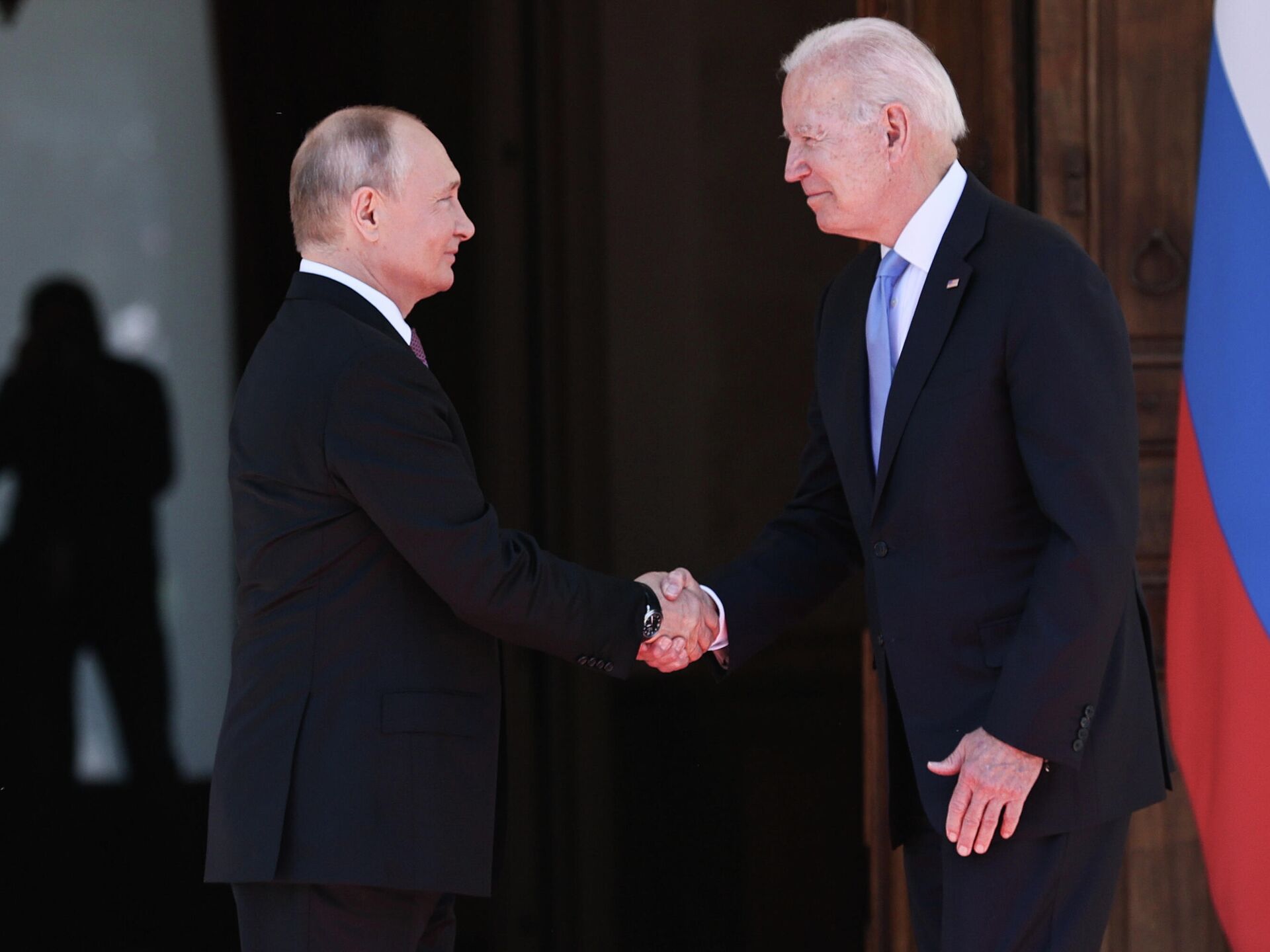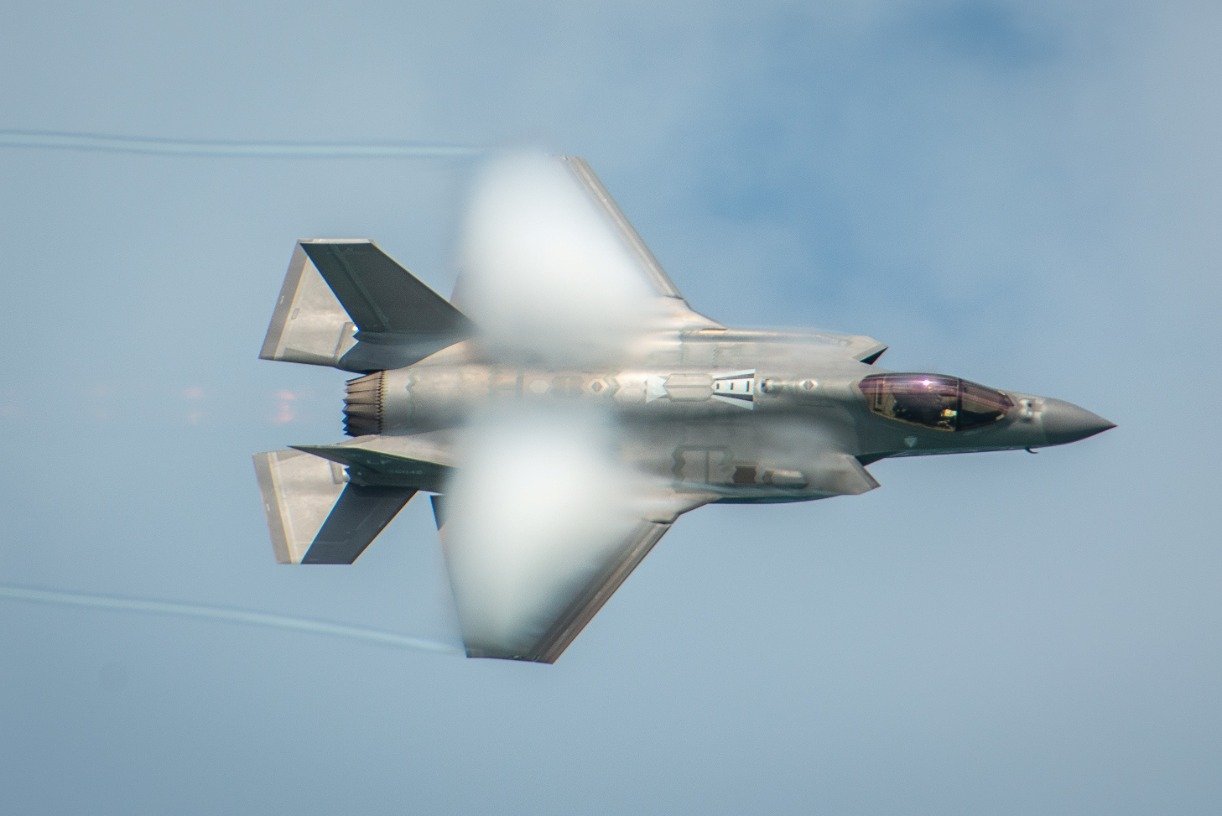
 In the context of recent reports on the inevitability of Assad’s fall, experts have suggested that Russian position on Syria stems from a mere attempt to save its face and not to look weak by betraying an old ally. Mark Flanagan, a researcher from the Institute of Middle East, Central Asia, and Caucasus Studies, UK, sees these speculations as misguided and superficial. For him, Russia's refusal to join the West in calling for Assad’s removal from power is rooted in both a sober geopolitical calculus and a rational suspicion over Western interventionism.
In the context of recent reports on the inevitability of Assad’s fall, experts have suggested that Russian position on Syria stems from a mere attempt to save its face and not to look weak by betraying an old ally. Mark Flanagan, a researcher from the Institute of Middle East, Central Asia, and Caucasus Studies, UK, sees these speculations as misguided and superficial. For him, Russia's refusal to join the West in calling for Assad’s removal from power is rooted in both a sober geopolitical calculus and a rational suspicion over Western interventionism.
Even since the beginning of the Syrian revolt in 2011, Western politicians and academics have been heavily biased towards the ‘Assad as the root of all evil’ hypothesis. From this perspective, it seems that if Assad is removed from power, Syria’s problems will be gone for good. While Mr Flanagan does not pretend to know exactly what will happen if Assad is deposed, he contends that what most Western analysts fail to see is that Assad’s removal from power will not automatically lead to peace and stability in the region. Taking into consideration the fact that Alawite elites have greatly benefited from Assad’s rule, he contends that it seems highly unlikely that the Alawites will simply give up when Assad is gone. In this respect, Mr Flanagan evokes the example of the United States’ experience in post-Saddam Iraq, where Sunnis did not become compromise-minded after the fall of Saddam but rather became hell-bent on revenge and bloodshed. While, admittedly, it is probably an overstretch to see the Alawites asexactlyanalogous to the Sunni in Iraq, it seems a reasonable comparison. With Assad’s deposition, Syrian Alawites can well be expected to become even more radicalized and violent. Ultimately, Western attempts to oust Assad can lead Syria to spiral into chaos even further – once sectarian conflict turns bloody, the violence will take on a logic of its own and become self-sustaining.
Following this line of argument, Mr Flanagan contends that after Assad, destabilized Syria is very likely to become a haven for radical Islamists who will seek to spread their influence to Russia via Chechnya. Indeed, the recent political upheavals in the Middle East have already given radical Islamists an opportunity to gather significant power throughout the Northern Caucasus region. Mr Flanagan sees such rise of Islamist forces (whether violent or unarmed) as a profound national security threat for Russia. In this respect, the expert contends that Moscow’s opposition to Western calls to oust Assad is not only a wise but also a well-calculated geopolitical strategy.
Mr Flanagan is also profoundly concerned that if, in the end, the West decides to go for the humanitarian intervention route, it will follow the ‘overthrow Assad now and worry about the rest later’ mentality. According to Mr Flanagan, the West currently sees ousting Assad as the stopping point, whereas it has to be the beginning of a very lengthy process of political transition and reconciliation in an extraordinarily dangerous and tense socio-political terrain. Earlier Western interventions in Afghanistan, Iraq, and Libya, have already shown that while external military intervention can be successful in overthrowing authoritarian regimes, it all too often fails to replace them with strong and stable nation-states. Moreover, such forced regime changes are always accompanied by social, political, and economic setbacks as well as by severe suffering and great losses of human lives. In this respect, Mr Flanagan fears that Western ‘political engineering’ will only lead to further escalation of the turmoil in Syria and, ultimately, allow the crisis to spread to neighboring countries.
From this perspective, for Mr Flanagan, Russia’s plan for an evolutionary and negotiated transition based on the Action Group for Syria, agreed in Geneva on 30 June, seems to be a wiser and a more plausible solution to the crisis. The Action Group for Syria called for an immediate discontinuation of violence and the establishment of a transitional government that could include officials from the opposition and from the currently ruling political elite.
According to Mr Flanagan, Russia’s policy proposal is not only more effective, but will also guard against the repetition of Libyan events, where, on the pretext of upholding international norms, the West blatantly exploited the very laws it claimed to preserve. In this sense, for Mr Flanagan, it is a mistake to view Russia’s stance on Syria as a mere attempt to support an old ally. Indeed, on numerous occasions Moscow has signaled that Russia would accept a change of leadership in Syria, but only if devised by Syrians and not imposed from outside. Following this line of argument, Mr Flanagan contends that Russia’s primary goal in Syria lies in guarding the region against instability and in preventing abuse of international norms.
More generally, Mr Flanagan contends that Russia is a key to the deadlock of the Syrian crisis. Syrian military-industrial complex is to a large extent a product of Soviet Cold War policy. Thus, Russia has deep connections with Syrian military, security, and intelligence apparatuses and officials (many of whom were educated in the Soviet Union). In this sense, Russia has more influence on Assad than anyone else. The question is whether the West will be wise enough to try to use Russia’s unique relationship with Syria to promote peace and stability in the region.



_jpg/250px-ElbeDay1945_(NARA_ww2-121).jpg)









